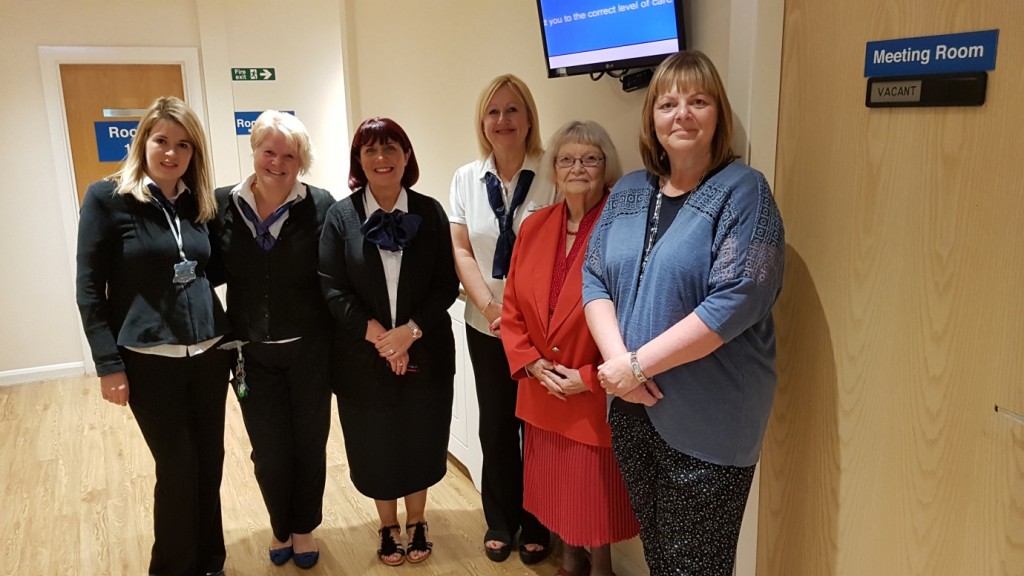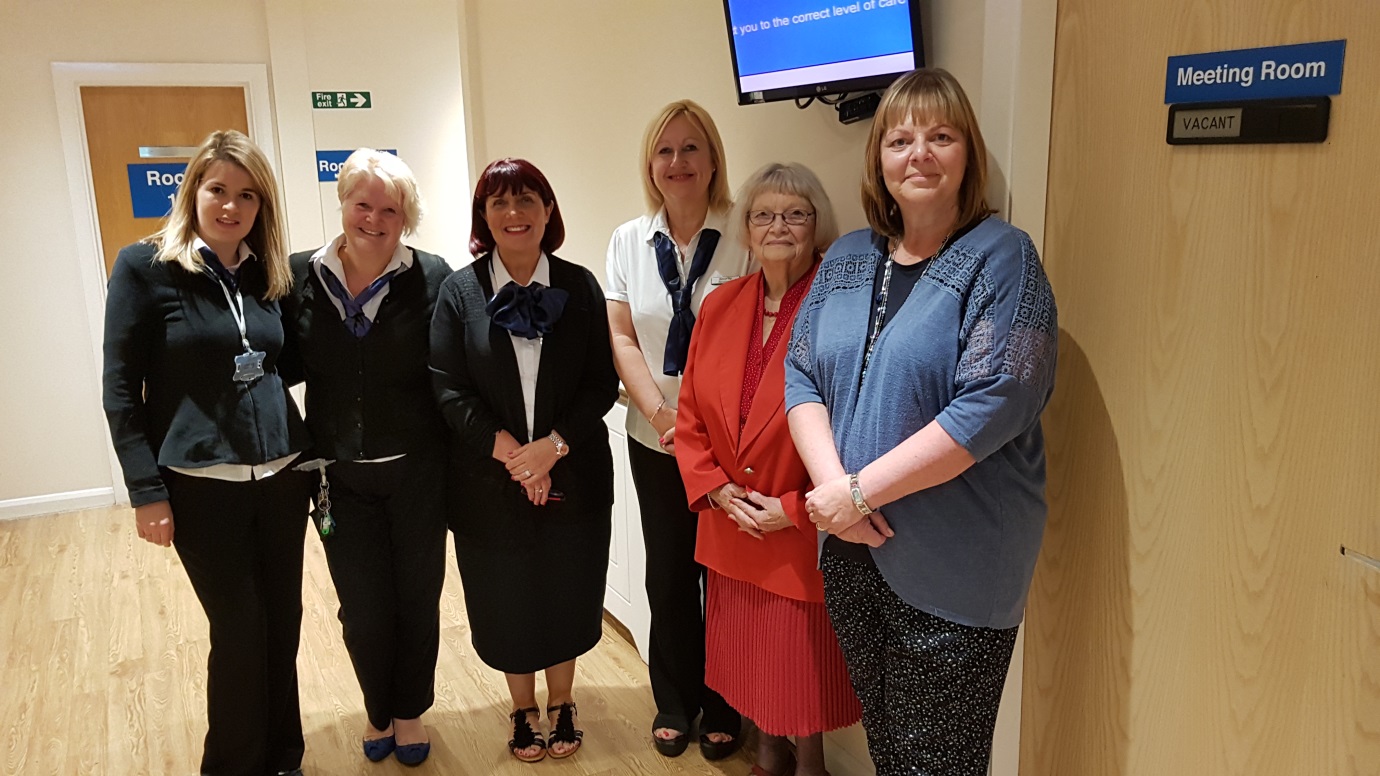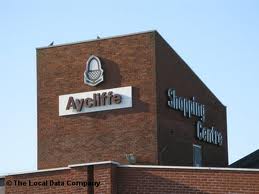What is it?
Care Navigating is a way of dealing with appointment requests to help you to see the right person, to provide the right care, in the right place, as soon as possible.
Why are you doing this?
Seeing a doctor is not always the most appropriate thing for patients to do and because there is a national shortage of GPs (and Bewick Crescent Surgery has also been short of GP appointments recently) we hope that by directing some people away from GP appointments those people who really need to see a GP can be seen more quickly.
We also think it will give you more choice, for example, not everyone knows that you don’t have to come to your own GP for a smear or that you can go the pharmacy for some minor ailments and at a time that suits you.
How does it work?
When you ring the surgery for an appointment a trained navigator will ask you some questions to give you an appointment with the right person. This is often not a doctor and could be a nurse or clinical pharmacist, or even an organisation outside the surgery.
What sort of organisations?
At the moment we can care navigate to other agencies such as local pharmacies, opticians, Citizens Advice (Healthier and Wealthier Service), the Wellbeing for Life Service, sexual health services and Stop Smoking County Durham. Our doctors often see patients who need help with social problems (eg housing, debt etc) and refer them to the Healthier and Wealthier Service; apart from wasting appointment time this is also inconvenient for patients and can mean they have to wait longer to get the help they need.
How do you know what all those organisations do?
Our Clinical Commissioning Group have met representatives from all those services who have agreed who they will see and where they can be seen, and they keep us updated if their service changes.
Will I have to pay for my medication from the pharmacy or optician?
If you don’t usually pay for your prescriptions you can still get some medication at the pharmacy for free as part of the pharmacy minor ailment scheme (our care navigator will explain this to you when you call). Any medication you need from the optician will have to be paid for, although this medication usually costs less than a prescription charge.
What if I don’t want to say what I want to see the doctor about?
You don’t have to. For routine appointments the care navigator will always ask you but you can, of course, choose not to discuss this with anyone other than the doctor. The exception is where you ask for an emergency appointment slot; in this case our policy has not changed and receptionists/care navigators are not allowed to give you an appointment without telling the doctor what it is for.
Is this clinical triaging?
No, the care navigators aren’t clinicians, they will follow protocols to direct you and if you, or they, are not 100% sure that they are doing the right thing you will be offered a doctor’s appointment if there is one available that day. Remember, that our staff often do this anyway, for example when you ring for a doctor’s appointment and there aren’t any left, if you tell us what the problem is we can sometimes direct you to a nurse, health care assistant or pharmacist, we’ll just be doing it sooner now and externally as well as internally.
What happens when I come to reception to make an appointment?
You will still be ‘care navigated’. We know that this will be more difficult at reception because conversations aren’t confidential, but the receptionist will be happy to come to speak to you in private near the reception door or even in our meeting room if you prefer. You can also choose not to be ‘navigated’, the same as when you ring for an appointment.
Is this going to help me?
We hope so!
If fewer people are given GP appointments that means there are more left for people who really need to see a GP, and if we can work on reducing the number of patients that GPs see overall we hope eventually to extend appointment times so that you are more likely to be seen on time, and for longer.
Why don’t you just employ more doctors?
We prefer to recruit doctors who previously trained with us as we think this is better for us and for our patients, but this process can take a while. We do have two experienced advanced nurse practitioners starting with us in September and October and between them that will mean up to 200 additional appointments each week.
We also have limited space so can only put on clinics where there is a room for the doctor to use!
Is this something just Bewick Crescent Surgery is doing?
No, lots of surgeries across the country do this and one local practice has already started. A practice in Wakefield saved nearly 2,000 doctor appointments over the first 5 months of care navigating.
When does this start?
We start at 8.00am on Monday 03 September. When you ring the surgery you will hear Dr Lund (Hewitt) explain the new process to you. Then when you ask for a doctor’s appointment, the care navigator will take your date of birth and ask you for some brief medical details. You then choose whether to be care navigated or not.

Photo: Bewick Crescent Surgery Patient Participation Group Members Sue Cooke and Nadia Armstrong with some of our Care Navigators.










